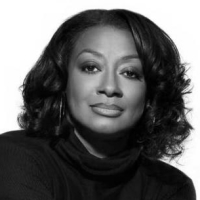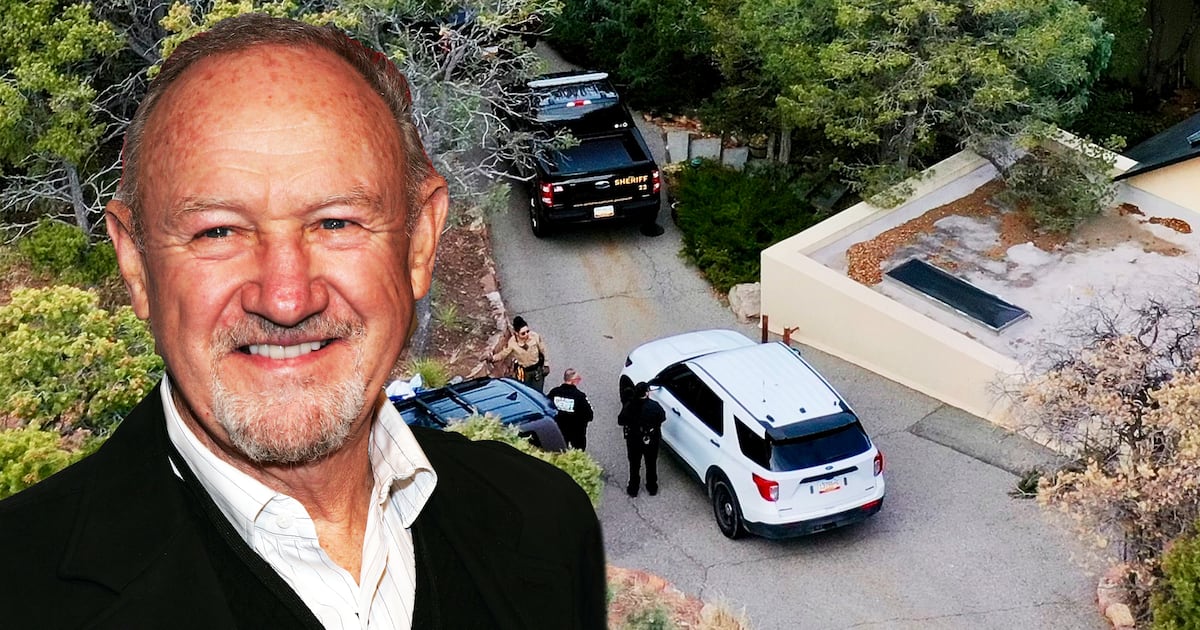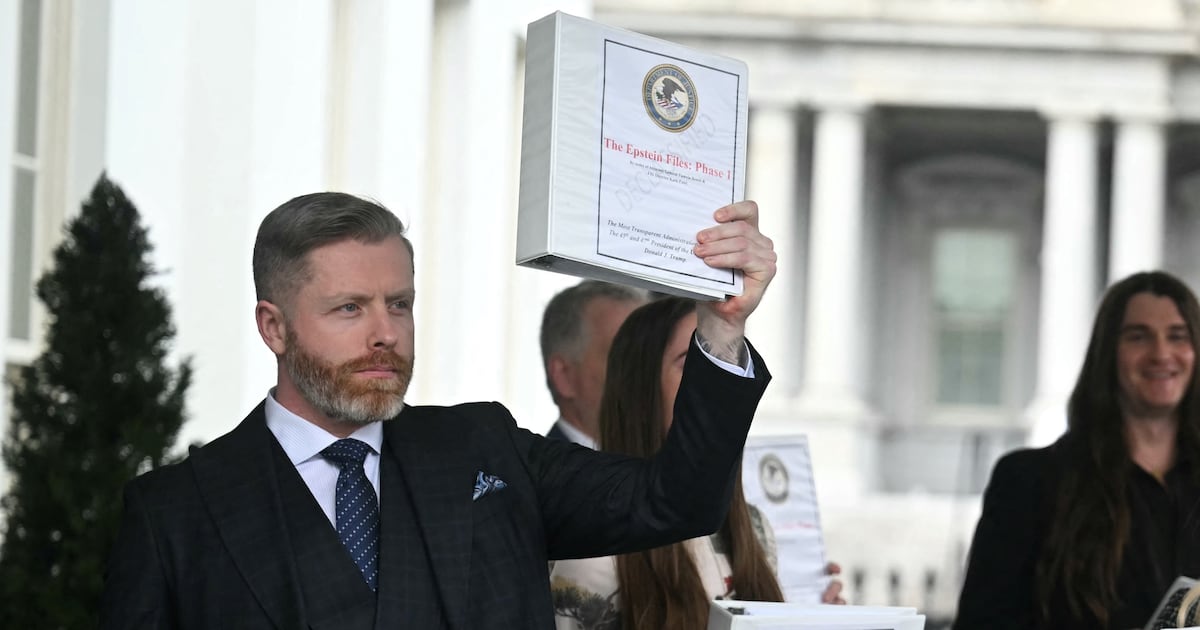Grammy award-winning trumpeter Wynton Marsalis looked his usual dapper self sitting at the Nougatine restaurant just inside of Trump Tower in New York City one recent winter morning. In a cream-colored wool suit, blue tie, and a pair of eye-catching cufflinks featuring the face of Louis Armstrong, the 51-year-old easily greets onlookers with the same dimpled smile that graced so many of his critically acclaimed jazz albums during the ’80s and ’90s.

Nougatine is a home away from home for Marsalis just steps away from what some call the star in the trumpeter/composer’s already top-heavy crown. “Jazz At Lincoln Center’’ is the world’s largest nonprofit arts organization dedicated to jazz in the world, with year-round educational events, band competitions, and multimedia broadcasts.
As his brainchild as kicks off its 25th anniversary season with a series of jazz concerts beginning this week in cities around the country, Marsalis is front and center again in his most familiar role over the past three decades: protector of the heart and soul of jazz for generations to come.
“I’ve always been committed to maintaining a certain level of integrity in jazz and that’s not going to change,” says the first jazz musician to win a Pulitzer Prize for Music.
Marsalis, who serves as the managing and artistic director of JALC, first directed a summer concert series entitled “Classical Jazz at Lincoln Center’’ in 1987. “I knew it could be a success with the right focus,’’ said Marsalis over lunch. “The potential was there, but it wasn’t until 1988, the second concert series, that I saw how smoothly things were coming along and how good the response was to what we were doing. We were getting great reviews for the series and a strong audience base. That could only build with the right aesthetic.’’
Developing the exact aesthetic Marsalis envisioned for the fledging center meant enlisting the minds of several of his noted intellectual friends. He sought the input of cultural critics Stanley Couch and Albert Murray, two men long considered controversial for their negative views of progressive jazz and white critics’ interpretation of it. Both became mentors to Marsalis from the moment he emerged as heir apparent to the likes of Duke Ellington and Louis Armstrong at the age of 17.
What Marsalis ultimately desired was a well-oiled business operation seamlessly meshed with an elegant showcase space befitting the music he’s always adored, a place where jazz could be promoted with a high level of style, grace, and class to a cross-section of supporters, all willing and able to support his dedicated efforts with their checkbooks.
Thus far he’s succeeded. Twenty-five years later JALC has paid off the $131 million cost of both the performance space and recording studios at its Columbus Circle offices in New York and boasts a hefty $41 million annual budget. In 2012 Marsalis’s dream of bringing jazz overseas expanded with the opening of “Jazz at Lincoln Center” in Doha, Qatar.
‘’I believe certain music, jazz in particular, has the ability to make you a better citizen of the world,’’ Marsalis says firmly. “It helps you expand your world view and gives you more confidence in your cultural achievements. Improvisational jazz teaches you about yourself while the swing in jazz teaches you how to work with others.’’
Marsalis believes jazz has always been ahead of its time because it was invented by a culture who saw a more hopeful future that was diverse and inclusive of all. ”That’s why it continues to be so important to our history,” says Marsalis, who won the 1997 Pulitzer Prize for his oratorio "Blood on the Fields." “Jazz has always been about a world that was to come in the future. That world is closer today than ever before which makes jazz even more timely.” He points to the election of Barack Obama as president as the obvious evidence.
Still despite the critical acclaim and overall success of JALC, Marsalis continues to face his fair share of critics. His intense belief that jazz must be based on swing rhythms fused with elements of the blues and firmly rooted in black traditional music has long rubbed many in the jazz community the wrong way. Some cultural critics accuse Marsalis of being too much of a jazz purist and far too focused on the works of Duke Ellington, Louis Armstrong, John Coltrane, and other greats of yesterday. For most of the past 25 years he’s also had to weather complaints that JALC has simply ignored the next generation of jazz artists as well as the musical innovators that mix jazz with rock and other forms of progressive music. In his book: Blue: The Murder of Jazz, author Eric Nisenson suggests Marsalis’s narrow thinking has limited the evolution of jazz overall.
Marsalis simply smiles and shakes his wearily at the criticism that's followed him for most of his career. He points to his recent concert collaborations with rock and country artists Willie Nelson, Paul Simon, and Eric Clapton as examples of quite the opposite.
“I’ve always been diverse when it made sense,’’ says Marsalis. “We’ve showcased any number of young musicians with less than traditional interpretations of jazz over the years. ’’
And he is committed to doing much more.
Last year JALC faced a major overhaul of staff under Marsalis’s supervision. The well-publicized shake-up brought in new faces with fresh ideas on how to increase the center’s profile digitally and beyond. The New Orleans native also brought in two new programmers to oversee and create upcoming performance schedules, with an eye to weave more up-and-coming artists into the schedule while still showcasing the masters of yesterday.
“This has always been a team effort and we understand the future and what we need to do at the center to ensure we continue engaging a large cross section of people as we move forward,’’ says Marsalis. There are so many young talent cats out there doing their thing and we want them to come here and play. We’ve always been dedicated to that and I’ll always be supportive of that.’’
Marsalis admits new blood was needed at the organization. Others close to the organization insist it always has been and will continue to be Marsalis's vision and unwavering passion for the music that drives JALC and its success.
“No one can question Wynton’s love for all things jazz,’’ says his good friend actor Don Cheadle. “The two of us can talk all day about every aspect of the music and he amazes every time with everything he knows. He’s dedicated to the music and whatever it takes to preserve it.’’






